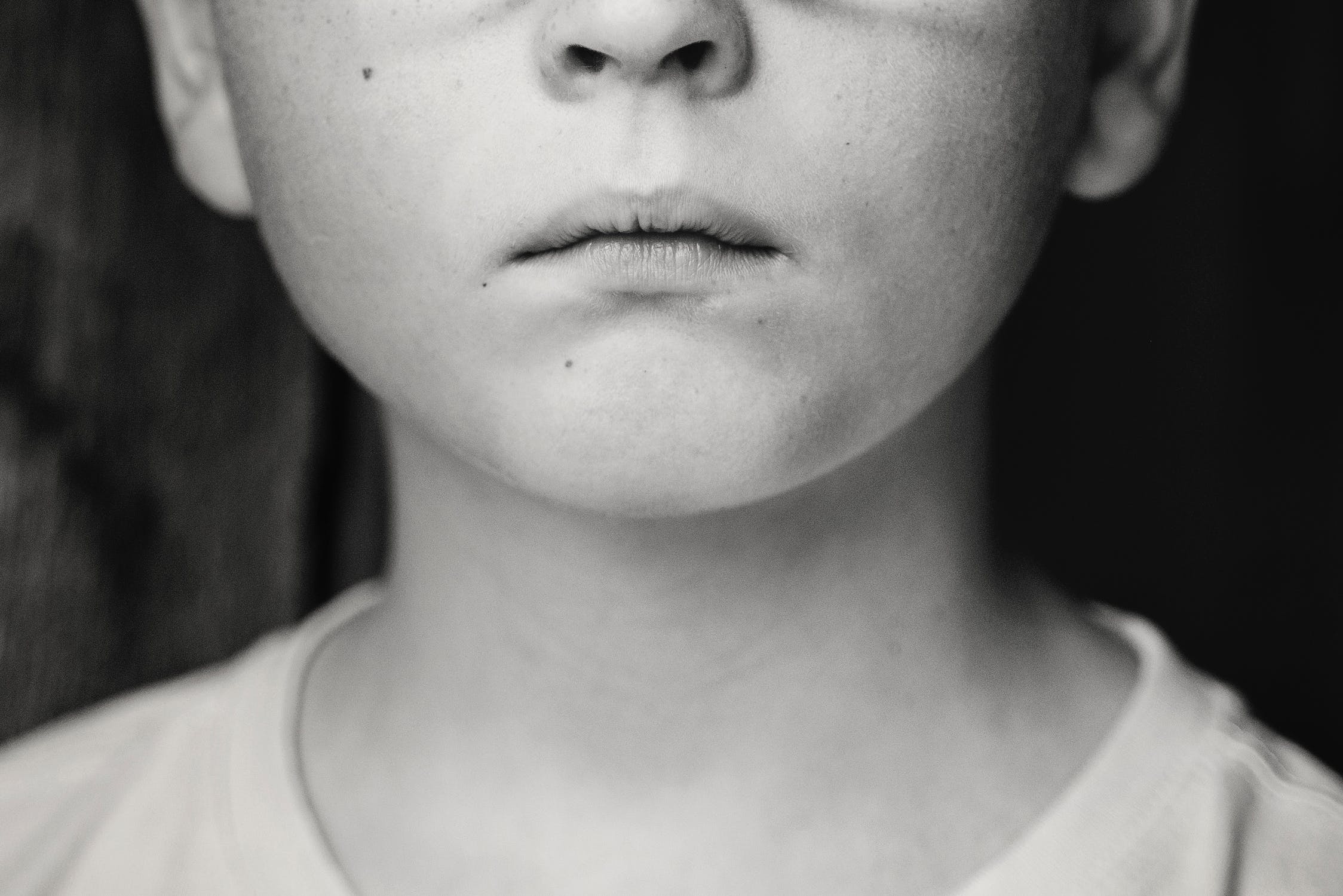We offer compassionate and evidence-based treatment for teens needing to address issues related to mental health.
What We Treat:
- Social anxiety
- Depression
- Panic attacks
- Obsessive-compulsive disorder
- Cutting
- Substance abuse
- And more
In-Network

We serve West LA and Santa Barbara areas.
Designed for 12 to 17 year-olds with mental health issues including anxiety, depression, school refusal, social anxiety, substance abuse and more, our program includes therapeutic and behavioral interventions, whole-family therapy, multi-family groups, psychiatric services and more.
Our mission is to provide adolescents with specialized mental health treatment in an affordable model. We combine evidence-based therapies and holistic approaches, empowering teens and families to heal, thrive, and build a resilient future.
Adolescent Treatment Schedules at Mission Harbor
- 1:00pm-7:15pm | Partial Hospitalization Program for Adolescents
- 1:00pm-4:00pm | Intensive Outpatient Program for Adolescents
- 4:15pm-7:15pm | Intensive Outpatient Program for Adolescents
For more information about the specialized Adolescent Program, Intensive-Outpatient Program options, and more, call one of our specialists today.
The Adolescent Program is run by our clinical team, which has over 25 years of experience in clinical neuropsychology and treatment of severe depression and anxiety to our teens and families in treatment. Through the specialized program, we work hands-on with families to treat their child’s mental health issues.
Led by Andrea Best, MD, Melissa Flanigan, Psy.D. and Samuel Deken, LMFT
 Andrea Best, MD is a renowned child and adolescent psychiatrist with over 25 years of experience.
Andrea Best, MD is a renowned child and adolescent psychiatrist with over 25 years of experience.
 Melissa Flanigan, Psy.D. is an esteemed clinical psychologist with a specialization in trauma- informed treatment.
Melissa Flanigan, Psy.D. is an esteemed clinical psychologist with a specialization in trauma- informed treatment.
 Sam Dekin, LMFT brings 20 years of experience in adolescent and adult mental health treatment.
Sam Dekin, LMFT brings 20 years of experience in adolescent and adult mental health treatment.
Four types of therapies are utilized in the treatment process: Cognitive Behavioral Therapy (CBT), Dialectical Behavioral Therapy (DBT), and Acceptance and Commitment Therapy (ACT). After each lesson, the skills learned are applied to each client’s unique distressing thought or situation.
Other daily treatments include Expressive Arts, Yoga, Psychodrama, Relationship Dynamics, Personality Styles, and Process Group, wherein adolescents learn to open up about their thoughts and feelings, share their life stories, and process interpersonal conflict.
The Adolescent Program invites families to join in the treatment and recovery process. Through weekly family therapy sessions and multi-family groups, we help the family system to improve communication, boundaries, personal responsibility for behavior, and the processing of family wounds. Whole-family therapy teaches everyone the roles they play in maintaining the problem, how to support one another, and that they can emerge from treatment stronger than they were before.

Parents are involved in weekly Multi-Family groups and a weekly family session with the client’s therapy, wherein they work together on treatment goals. Whether home life has been hijacked by severe anxiety, suicidal gestures, substance use or self-harm behaviors, parents will learn how to speak to distressed teens and be involved in designing an individualized behavior plan for their child to help get their family back on track.
Our family-centered approach is what makes us successful. In fact, a review of multiple studies assessing the effects of different treatment approaches for adolescent behavioral and substance abuse problems found that family therapy was effective when compared to a control group, and when compared to alternative approaches. Including the family in the treatment process helps identify and correct family patterns that contribute negatively to the teen’s mental health and provides parents with education regarding how to best support their adolescent during recovery.
Whether you are a teen or a parent, the transition from child to adult is a time of emotional, physical, hormonal, intellectual, and social changes. Current events have raised the stakes. Researchers report a rise in teens who are suffering from depression, anxiety, and other internalized disorders. Studies also showed a 15.8% climb in outpatient mental health services for teens, accompanied by a decline in school counseling services. If you are looking for Southern California rehab programs with mental health treatment for kids, we can help.
Childhood Depression and Other Disorders
Depression in children and adolescents can be especially alarming for parents. According to a 2019 study in The Journal of Pediatrics, 3.2 percent of children between 3 and 17 have a depression diagnosis. The prevalence of childhood depression is highest among those in the age group of 13-17, for which the prevalence rate is 6.1 percent.
One of the best things parents can do during adolescence is to keep the lines of communication open. Teens need a place where they can be open, honest, and unafraid to share their feelings. Medical professionals can treat mental health disorders, and resources like teachers, school counselors, doctors, and religious leaders can often help. The teen years are rocky, and sudden changes in behavior, attitude, or health can be a cry for help.
Parents should watch for these warning signs:
- Changes in sleep patterns
- Feelings of worthlessness or low self-esteem
- Changes in appetite or weight loss
- A severe decline in performance in school
- Anger or aggressive behavior
- Other personality changes
According to the Centers for Disease Control and Prevention (CDC), children and teens living with depression may engage in harmful behaviors, such as self-injury. Those with severe depression are at increased risk of suicide, which is one of the top causes of death in the age group of 10-24. This makes treatment for adolescents with depression essential, to prevent devastating outcomes.
It is not unusual for teens to have mood swings, but severe mental health disorders stick around and interfere
- Depression
- Eating disorders
- Substance abuse disorder
- Anxiety disorders
- Attention deficit disorder (ADHD)
- Behavior disorders
- The Impact of Childhood Trauma
Another concern that has come to the attention of mental health professionals is the effect that childhood trauma has on the mental health of children and adolescents. A review of eight studies concluded that childhood trauma is linked to mental health conditions and poor performance in school. To ensure that their treatment addresses any underlying trauma, children who seek treatment for mental health conditions need to be evaluated for trauma histories, such as exposure to abuse, violence, and neglect.

The Impact of Childhood Trauma
Another concern that has come to the attention of mental health professionals is the effect that childhood trauma has on the mental health of children and adolescents. A review of eight studies concluded that childhood trauma is linked to mental health conditions and poor performance in school. To ensure that their treatment addresses any underlying trauma, children who seek treatment for mental health conditions need to be evaluated for trauma histories, such as exposure to abuse, violence, and neglect.
The Center for Disease Control and Prevention (CDC) uses surveys to learn about young people and mental health. ADHD, behavior problems, anxiety, and depression are the most frequently diagnosed mental health disorders in children. The statistics below rely on information from parents of children diagnosed with mental illnesses.

Some children have more than one of these conditions. For example, about 75% of children with depression also have anxiety, and 50% of those with depression also have behavioral problems.
While the number of children diagnosed with anxiety and depression increases, co-occurring disorders make both conditions harder to treat. Early diagnosis and treatment improve the outcome of mental illnesses later in life.
Warning Signs in Very Young Children
Younger children who are struggling with a mental health disorder may display the following warning signs:
- Frequent temper tantrums
- Talking about fears or worries often
- Experiencing frequent physical complaints, such as stomachaches, with no medical cause
- Moving constantly and being unable to sit still unless watching TV or playing video games
- Having sleep problems
- Struggling to make friends or failing to show interest in other kids
- Repeating certain actions or checking things over and over to prevent something bad from happening
Mental Health Treatment for Kids
Suppose you notice signs of a mental health condition in your child. In that case, the National Institute of Mental Health recommends asking your child’s pediatrician for a referral to a mental health professional who can treat the condition. Treatment options include psychotherapy or “talk therapy,” which should always involve parents in the process and should teach children skills they can put to use between sessions. Family counseling and parent support groups are also beneficial for the parents of children who have a mental health disorder. In addition, some children may take medications alongside attending therapy.
Mission Harbor Behavioral Health stands out among Southern California rehab centers. With a distinguished program for adolescents, we help parents and children learn how to deal with everything from drug use to anorexia. Mission Harbor offers multiple types of therapy, including trauma therapy, so we are able to meet the needs of those who have childhood trauma that negatively impacts mental health.
For more information, download our Parents’ Guide to Team Treatment, or contact us to schedule a visit.

